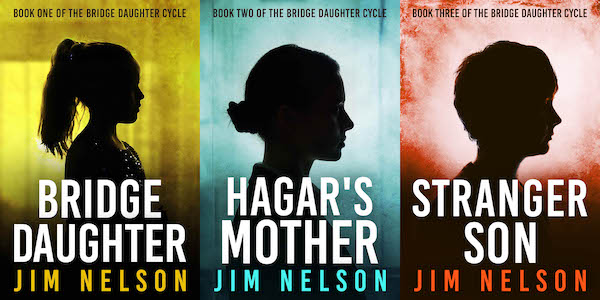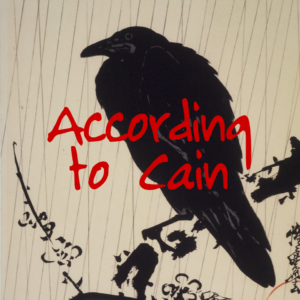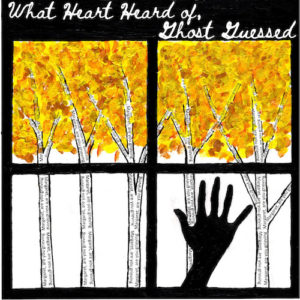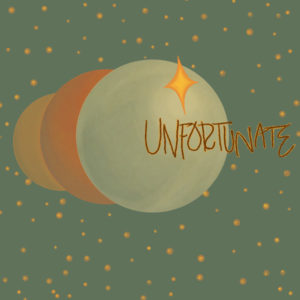
It’s been awhile. Although the web site has been mostly quiet, I’ve actually been juggling a few projects and staying busy.
First, I am working on a new novel, which I hope to have mostly finished before the end of the year. It’s a bit of curveball compared to my past work—an absurdist caper comedy shot through with gallows humor. I’ll share more details when the manuscript shapes up and the final book comes together.
Second, I’m developing another interactive fiction video game. I’ve filed my intention to submit it for the Interactive Fiction Competition this fall, although having it ready and debugged in time for the comp will be tight. This one will be a bit different than my prior title (According to Cain), in that this new game more like a detective story, where interviewing people and gathering clues is vital to finishing the game. Again, more details will be coming as development finalizes.
My presentation at NarraScope went well. I had a great time in Pittsburgh, meeting a variety of people in the interactive fiction space from academics to seasoned game developers. A casual and positive conference. If you’re interested in my presentation, a PDF of the slides are here. (I’m told a video of the presentation will be available later; I’ll post here when that happens.)
Finally, I have a few blog posts in the hopper. Keeping busy with the above means I’ve neglected the blog. I do plan on paying a little more attention to it in the coming months.
As always, if you’re looking around for your next read, please consider my latest (A Man Named Baskerville), my Bridge Daughter series if you’ve not picked it up yet, or any of my other books. If you’re not on my mailing list, sign up and you can download a preview of A Man Named Baskerville.
Stay tuned!




